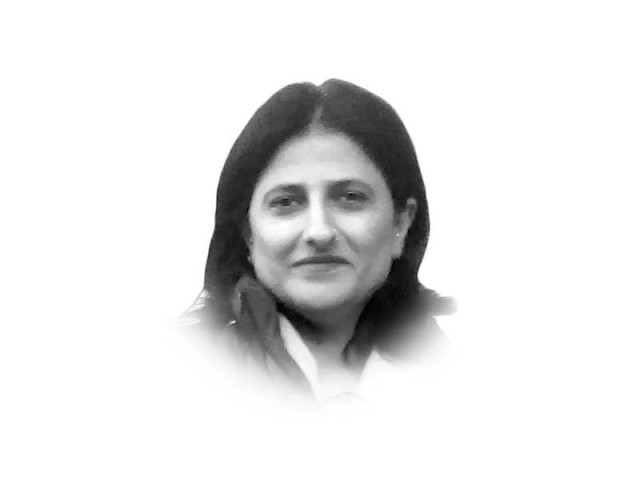MIPs: can we learn from Nepal and Bangladesh?
Document of MIP 2021-27 indicates that Pakistan faces several challenges in getting desirable social, economic growth

On Dec 21, 2021, the EU announced setting up priority areas for Multiannual Indicative Programmes (MIPs) of Global Europe. According to official information source, the financial allocation for 2021-24 (country level) and for 2021-27 (regional level) will be almost €26.3 billion.
The beauty and the success of EU social initiatives is a philosophy of sustainability and continuity in supporting a region or the country for getting tangible results at the grassroots level. My experience of living in Europe is simple: everything works within a system. The statement of European Commission Vice President Josep Borrell, as he announced the future map of the MIPs, also indicates what I believe in. He said: “We need to match our words with actions.” Actions mean deliverance and getting results while opting for the philosophy of sustainability.
The MIPs have increased their allocation for education, as €6 billion would be available for 2021-27. According to the EU document, the idea behind this increase is that “children and youth should be given a real chance to reach their full potential and have a better future.”
Like several developing countries, Pakistan is also a beneficiary of MIPs. The document of Multiannual Indicative Programme 2021-27 indicates that Pakistan is facing several challenges in getting desirable social and economic growth. Some of the challenges are: capacity constraints; changing commitment and ownership of social programmes; political interference and a perceived high level of corruption; security and regional issues; lack of governance capacity and its exposure to water-related natural disasters. The document titled “PAKISTAN — Multiannual Indicative Programme 2021-2027” indicates that the EU will keep focusing help on important sectors including Green Inclusive Growth, Rural Development, Education, Good Governance, Human Rights, and Rule of Law.
There are various apprehensions and misunderstandings about EU support programme for Pakistan and I find several reports and opinion pieces claiming EU funding goes to wrong hands and tangible results are not seen at ground level. It is not the fault of EU funding if we do not find perceivable results at the grassroots level rather fault lies within our systems — administrative, political and social.
EU funding should not be considered as “money for pleasure trips or meeting and greeting friends”. Should we not look at Bangladesh and Nepal in our region? They have acquired tremendous benefits out of MIPs. The Human Capital Development and Good Governance in the above-mentioned countries got outstanding results and MIPs report about Nepal has strongly valued its steady and remarkable development in the fields of social peace, political transition process, education, and sustainable development.
MIPs report about Bangladesh says that Dhaka is on the right track to achieve middle-income expansion and integrating economic growth with social presence. While in Pakistan, middle-income is on constant erosion because the inflation rate continues to rise, averaging over 9% as compared to less than 5% for other regional countries.
The intention here is not to disparage Pakistan’s attempts to achieve improvement within its system. I cite examples of other South Asian societies to indicate that EU support is an opportunity to utilise where it is needed instead of spending for getting political or personal benefits.
To my understanding, EU is not spending billions of euros to please developing countries like Pakistan, Bangladesh and Nepal; it is in fact providing opportunities for forthcoming generations for a better future so that they don’t feel the need to leave their countries and reach Europe illegally risking their lives. The EU spends money to develop tolerant societies to mitigate security risks for European societies by providing them justice and honest administrative structures.
I follow consultative discussions conducted by EU platforms, civil society organisations, and gender equality organisations. We can learn a lot out of these consultations to establish better societies in developing countries. I wish Pakistani journalists, writers and academicians should consider EU support as opportunities instead of trying to find ills out of them. Pessimism, negativity and cynical skepticism do not bring anything positive. A pragmatic approach is needed to achieve a healthy and successful future.
Published in The Express Tribune, December 29th, 2021.
Like Opinion & Editorial on Facebook, follow @ETOpEd on Twitter to receive all updates on all our daily pieces.














COMMENTS
Comments are moderated and generally will be posted if they are on-topic and not abusive.
For more information, please see our Comments FAQ